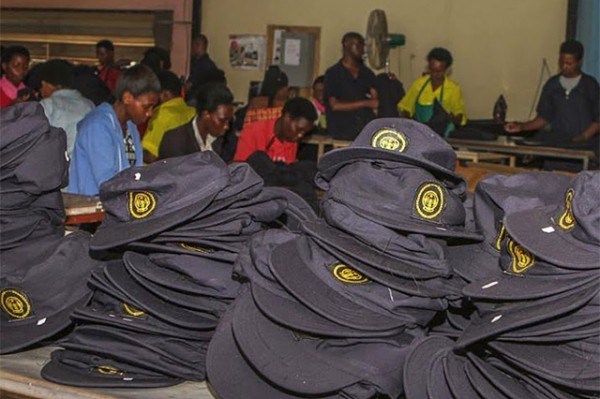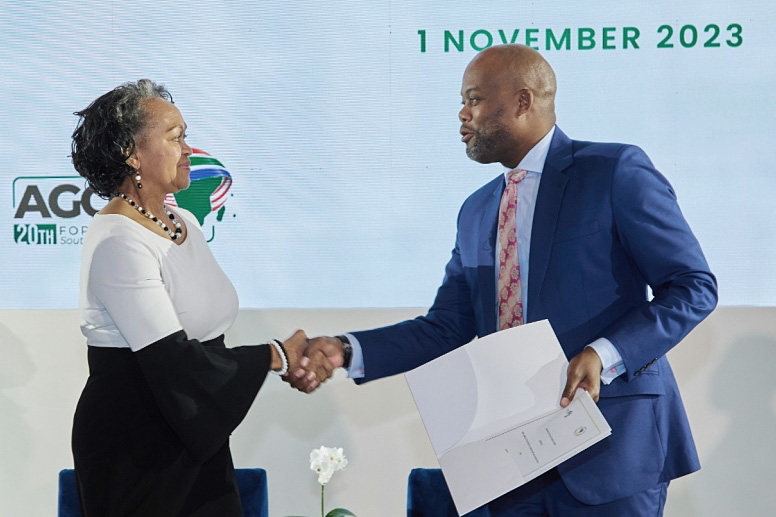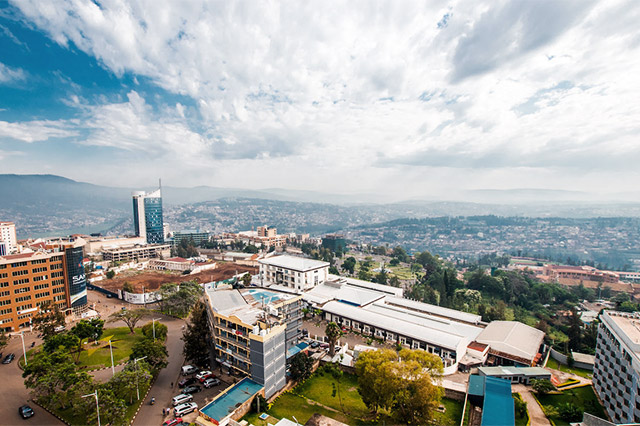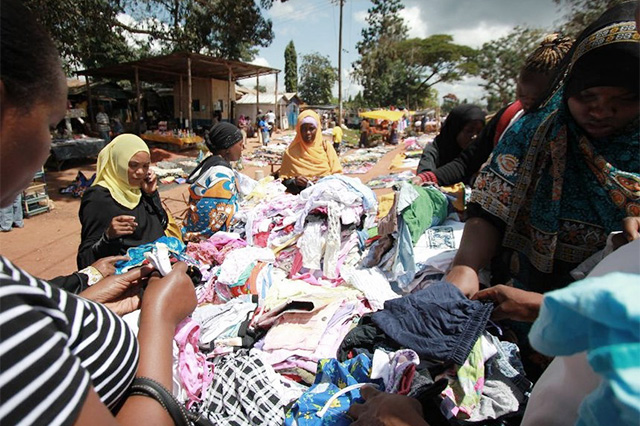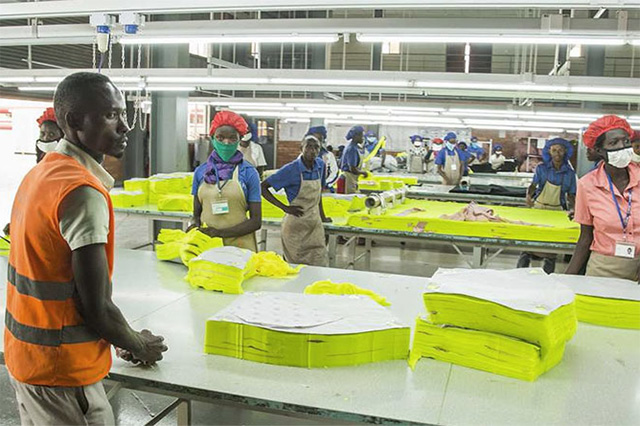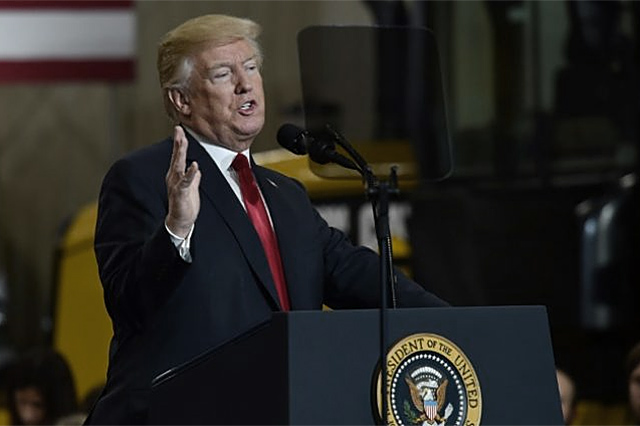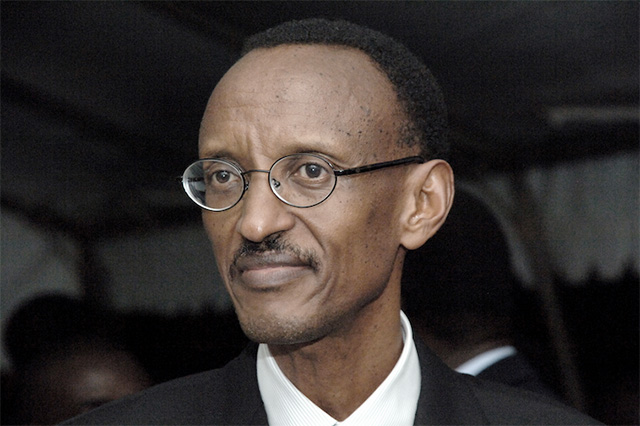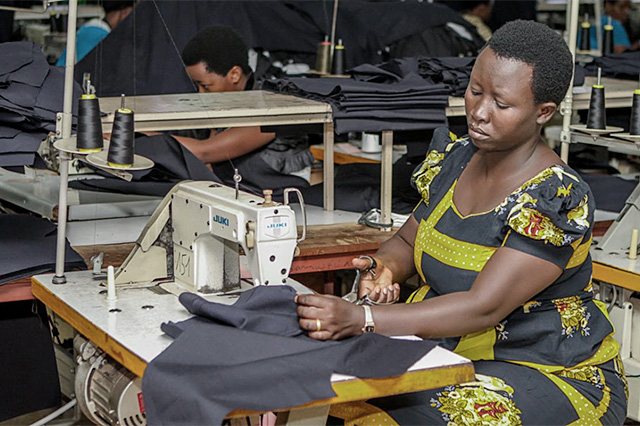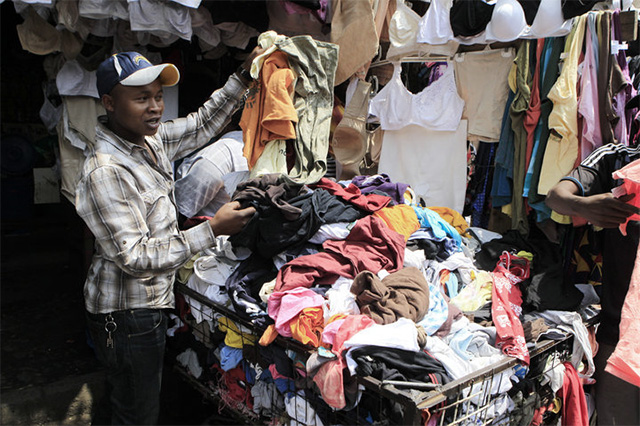Rwanda: Government to pay taxes for affected AGOA exporters
To ensure Rwandan exporters are not significantly affected by the anticipated suspension of duty-free access to the US market under the AGOA framework, government has decided to take over the resultant tax obligations.
This follows the move by the American government on March 31st announcing their intention to suspend the application of duty-free treatment to all African Growth and Opportunity Act (AGOA)-eligible goods in the apparel sector for Rwanda.
According to a statement from the US government, the suspension would take effect in 60 days (from March 31) in case Rwanda maintains its policy on used clothes, commonly known as Cagua.
However, the Government has said that to ensure minimal disruption to the businesses, they are putting up an adjustment facility to pay taxes imposed on the exporters for the next one year.
During an exclusive interview, Rwanda Development Board CEO, Clare Akamanzi, told The New Times that this would allow firms work on accessing new markets as well as meet existing contractual obligations to the American market.
“In the meantime, for those who are going to be affected by AGOA suspension government is going to work with them to allow them to finish the orders that they were working on in the US for the next one year and we will pay the taxes for them. We would not like their orders to be affected as they seek alternative markets. We are putting in place an adjustment facility that will allow us to have a fund to pay their taxes that will be imposed,” she said in an exclusive interview.
She said that the overall intention is to identify alternative markets such as Europe, Asia and the African continent that can allow duty free access.
“Our intention is to work with them to find alternative markets. We will find duty-free opportunities in the European Union as well as Asia and Africa where we can find markets,” she noted.
The suspension is a consequence of implementation by Rwanda of an East African Community decission to phase out second-hand clothes imports to help boost the region’s budding textile industry.
In 2015, the East African Community (EAC) Heads of State adopted a three-year gradual process to phase out the importation of second-hand clothing and footwear to promote textile, apparel and leather industries in the region.
Akamanzi said that despite the consequences of going ahead with implementing the decision, Rwanda would not change its stance.
“We have been engaging the US government but I think what is clear is that decision to raise tariffs (on cagua), was not only Rwanda’s decision. All the countries of EAC decided to do this and Rwanda is sticking by the decision to do this”.
She said there is no specific reason to opt out of a decision that was collectively taken by the bloc in the interest of its people.
“This is an EAC decision and we intend to continue implementing what we agreed”.
She added: “there might be consequences for deciding to keep our word. The US has decided that they might phase out duty-free access for apparels to the American market. Our plan as government is to work with companies that will be affected. They are very few. The main one is C&H but we have other smaller ones as well.”
Rwanda’s strategy to develop the textiles, apparel and leather industrial sectors aims to increase the quality and quantity of textile, apparel and leather for both local and foreign markets.
Rwanda estimated that, if everything is implemented according to plan, this could create 25,655 jobs, increase exports to $43 million and decrease imports to $33 million by 2019 (from $124 million in 2015).
The impact on trade balance will result in savings of $76 million over a 3-year period.
See a related video on the subject matter below.


